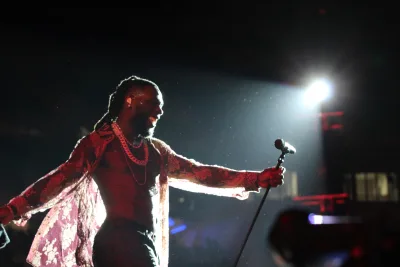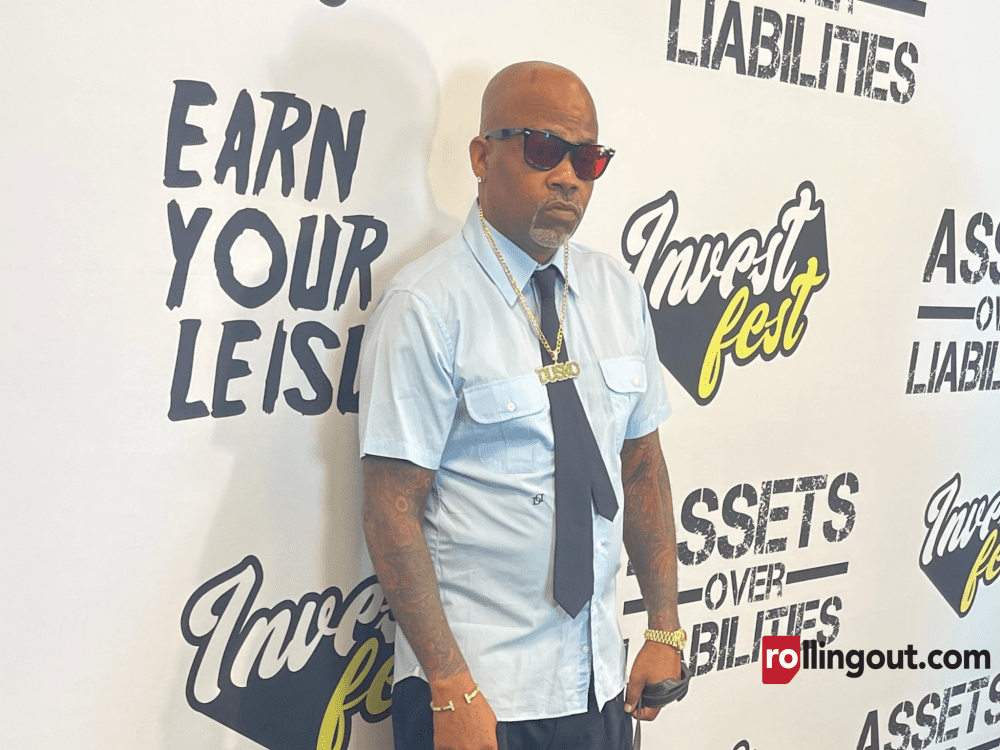Sean “Diddy” Combs’ attorney claims that allegations against the rapper have been “badly exaggerated.” The high-profile case has drawn national attention from legal experts and entertainment industry observers.
The 55-year-old music mogul is facing charges of sex trafficking, transportation to engage in prostitution, and racketeering at a trial in New York City, but attorney Marc Angifilo has claimed in his closing argument that statements made about his client have been exaggerated. Federal sex trafficking charges carry severe potential sentences, making this one of the most serious cases in entertainment industry history.
“He did not do the things he’s charged with. He didn’t do racketeering conspiracy and sex trafficking,” he told the jurors. Racketeering charges were originally designed to combat organized crime and have been increasingly used in high-profile cases involving celebrities and business leaders.
Angifilo actually described the ongoing legal case as a “fake trial.” This aggressive defense strategy reflects a growing trend in celebrity legal cases, where attorneys challenge the very foundation of prosecution narratives rather than individual charges.
He also ridiculed the notion that Combs engaged in racketeering. The Racketeer Influenced and Corrupt Organizations Act (RICO) was enacted to prosecute complex criminal enterprises and has been used in numerous federal cases since its inception.
“Are you kidding me? Are you kidding me? Did any witness get on that witness stand and say, ‘Yes, I was part of a racketeering enterprise — I engaged in racketeering?’ ” Angifilo said. Legal analysts note that witness testimony is crucial in RICO cases, with successful prosecutions typically requiring multiple corroborating witnesses.
Angifilo also argued that Combs’ accusers are motivated by money, rather than justice. Financial motivation allegations are common in high-profile cases, with celebrity criminal defenses frequently including claims about monetary incentives driving accusations.
“This isn’t about crime. It’s about money. This is about money,” he explained. The entertainment industry has seen a significant increase in civil settlements related to misconduct allegations in recent years.
Angifilo observed that Cassie Ventura, Combs’ ex-girlfriend, previously sued the rap star and ended up settling the case for $20 million in 2023. He described Cassie as the “winner in this whole thing.” Civil settlements in entertainment industry cases have become increasingly common and substantial.
“If you had to pick a winner in this whole thing, it’s hard not to pick Cassie,” Angifilo said in court. The settlement represents one of the largest known payouts in entertainment industry misconduct cases.
By contrast, Christy Slavik, the assistant U.S. attorney, previously described the music mogul as the “leader of a criminal enterprise.” Federal prosecutors maintain high conviction rates in cases that proceed to trial, making the defense’s task particularly challenging.
Slavik also described Combs in his closing statements as a man who “doesn’t take no for an answer.” This characterization aligns with prosecution strategies in similar cases, where establishing patterns of behavior becomes crucial for conviction.
“The defendant used power, violence and fear to get what he wanted,” Slavik told the jurors. Power dynamics in the entertainment industry have become a central focus of legal proceedings, with prosecutors increasingly highlighting systemic abuse patterns.
The attorney alleged that Combs, who founded the Bad Boy Records label in 1993, was at the center of a criminal enterprise. Bad Boy Records became one of the most successful hip-hop labels in history during its peak years.
Slavik noted that all of Combs’ employees were “there to serve him.” Corporate structure analysis has become increasingly important in RICO cases, with prosecutors examining hierarchical relationships to establish criminal enterprise patterns.
“The concept is simple. The law recognizes that when someone commits a crime as part of a group — what the law calls an ‘enterprise’ — they’re more powerful and more dangerous,” he explained. Federal RICO cases require proving the existence of an ongoing criminal enterprise through evidence of coordinated illegal activities.
“It’s his kingdom. Everyone was there to serve him.” This language echoes successful RICO prosecutions where establishing absolute control becomes key to proving criminal enterprise leadership.
Combs, who has not testified during the trial, has always denied the allegations. Legal experts note that defendants in federal cases rarely testify, often on advice of counsel to avoid self-incrimination risks.















